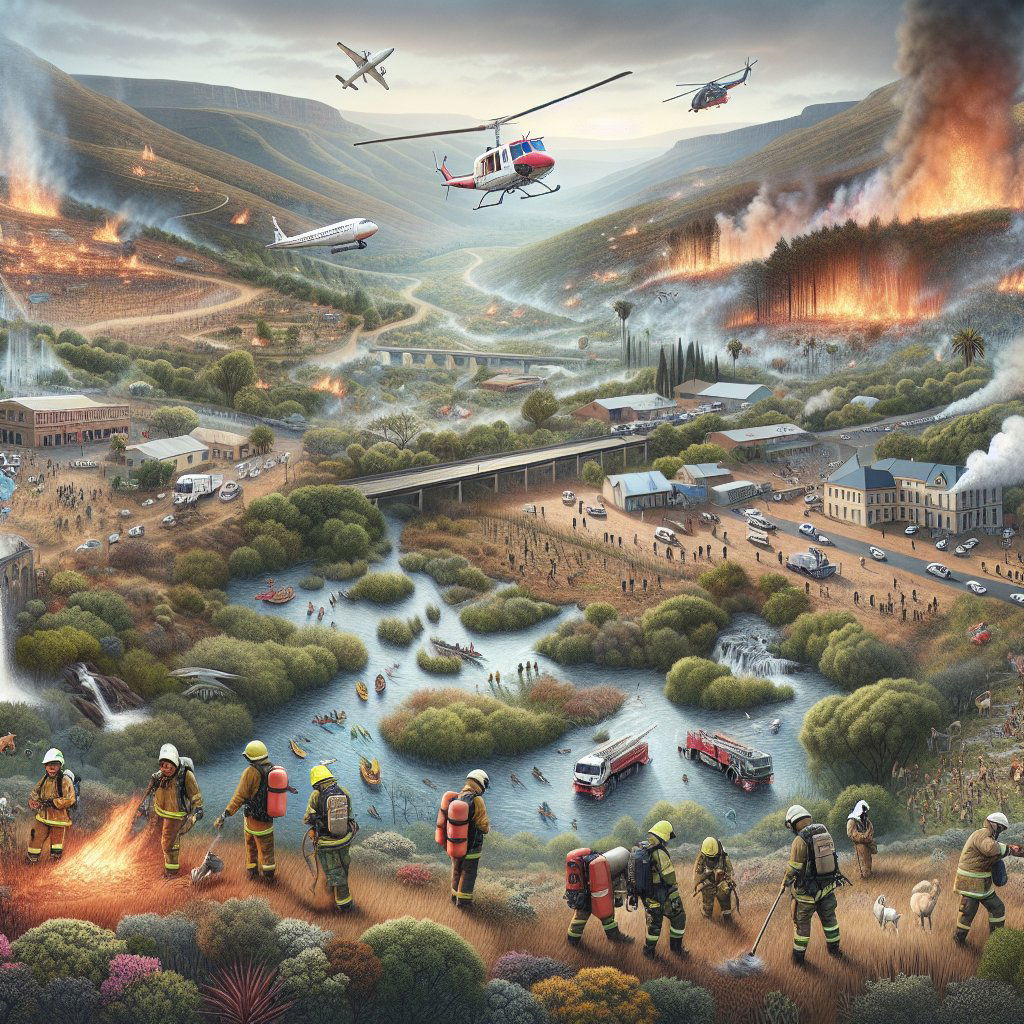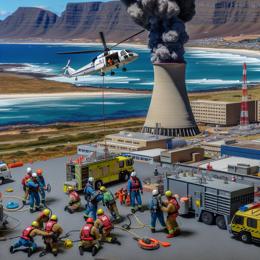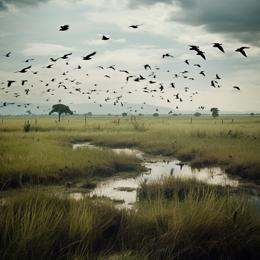Image: AI generated for illustration purposes
Western Cape Gears Up for Fire Season with Comprehensive Readiness Initiative
In an effort to mitigate the heightened risk of wildfires after a wet winter promoting substantial vegetation growth, the Western Cape Government has launched a robust fire readiness initiative. Anton Bredell, the MEC for Local Government, Environmental Affairs and Development Planning, recently unveiled this program in Stellenbosch, indicating a strategic move to protect the region, its biodiversity, and its residents from the detrimental effects of wildfires.
Bredell brought attention to the significant number of wildfires during the previous summer, where the province saw 7,215 incidents. To combat these blazes, the Western Cape Government had mobilized substantial aerial support 38 times and managed to contain 85% of the high-risk fires rapidly, with a majority being managed within the first hour. Reflecting on these figures and the successful containment, the government invested R14.5 million in fire suppression during the previous season to fortify its approach against wildfires.
The latest forecasts predict an arduous fire season, warranting a budget allocation of R16 million for wildfire response. Bredell reassured that comprehensive measures, including aerial and ground support tenders, were in place, with four helicopters on tender and additional four if necessary, plus the backup of four bomber planes and eight spotter aircraft.
The MEC also noted the challenges brought by the extensive flooding in the prior winter that compromised road infrastructure essential for accessing remote areas during firefighting missions. He emphasized the importance of integrating aerial strategies with effective ground support to successfully manage wildfire incidents.
The approximate 2,300 firefighters, both professional and contract-based, were acknowledged for their readiness to combat the fires, emphasizing the personal risks they take in safeguarding the community. Their role is crucial, especially considering the Western Cape's reputation as one of the country's worst-affected veld fire areas according to Cape Nature, and the potential adverse effects on the region's biodiversity and ecosystem services such as water production.
Citing the volatile nature of fires under the hot, dry, and windy climate of the region's summer months, the need for public vigilance and careful handling of burning materials was underscored. With the fire season peaking during these months, both residents and visitors are urged to act responsibly to prevent disaster.
As the Western Cape braces for the expected busy fire season, the government's foresight in preparing for and bolstering resources against wildfires marks a critical step towards preserving not just property but also the natural heritage of the province.








